“Take a deep breath when things start going off the rails. Know that every entrepreneur is on a constant roller coaster ride. There will be euphoric highs and rock bottom lows. You have to be able to adjust, make modifications, and continue grinding along.”
As part of my series about the leadership lessons of leaders in the CBD industry, I had the pleasure of interviewing Maurice Assia. Upon graduating college Maurice entered the teaching profession as a high school teacher while simultaneously beginning his first business that would ultimately fail. After several years of teaching Maurice still had the entrepreneurial itch and worked roughly 20 hours a day while teaching and beginning his next business. That business would soon revolutionize the prepared meals industry. As a trailblazer Maurice established a business model that soon became one of the largest growing industries in the United States. Taking a simple concept he made the task of eating healthy wholesome meals an easy proposition at a relatively low price point. Maurice achieved massive success and was able to raise roughly $2M in private capital. After 5 years, and roughly $14M in gross cumulative sales Maurice merged and acquired his largest competitor. In doing so Maurice resigned his post as CEO and converted his remaining shares. While Maurice’s company was not the first to do “meal prep” they were certainly the first to provide nationwide shipping, patented packaging, and create a social media buzz with 497,000 Instagram followers and an effective reach of over 20,000,000 Instagram users due to their endorsed athletes and affiliates. Maurice has shifted his focus to commercial real estate development as well as launching a CBD line, Chozen Comfort.
Thank you so much for joining us! Can you tell us a story about what brought you to this specific career path?
Simple question, but not a simple answer. Well, first let me address my exit from my previous company. After 5 years I felt that it was time to change gears. I began losing my passion for what I was doing and as a result effectively began burning myself out. People often hear my story and are amazed that I was able to take a $657 investment and convert it into $1.2M in gross sales in my first 10 months in business; an industry at that point which really had not been figured out from a national model standpoint. The truth is it required 20 hours a day of work and a ton of mistakes. I was still teaching at the time and would often find myself passing out in the teacher’s room during my lunch period from sheer exhaustion. That being said it never became a point of contention; I was happy doing it. Eventually after several years it was no longer exciting. I felt that I had reached my pinnacle with this particular venture. The market had become extremely saturated and it seemed that every Joe Blow was now in the “meal prep” business. Furthermore, whatever innovation our business produced was immediately copied by our competitors. We had no blueprint; we were the blueprint for the majority of our competitors. I go back to my initial point about no longer being excited; that’s when I knew it was time to cash out and move on. I took some time off reflecting on the previous successes and failures. In the meantime I worked on my license in real estate; something that had always fascinated me. It took one conversation with my partner and cousin Jason Malki to know that CBD was the next best thing. While we may not be the first to market, we will definitely leave an impression worth noting.
Can you share your story of Grit and Success? First can you tell us a story about the hard times that you faced when you first started your journey?
I won’t get into too much of my hard times, with the exception of one story. While beginning my first business, that ultimately failed, I was no longer teaching. When the business went bust I had no source of income. It didn’t help that my business went bust in March so getting a teaching position in the interim was not an option. I withdrew my pension and my 403b. What I didn’t know is that they tax you twice on it; once on the withdrawal and also at the end of the year. I netted enough money to pay my rent and child support for eight and four months respectively. I figured I would have a roof over my head and I wouldn’t get arrested. The rest of the bills would just have to be figured out month to month. There’s this one moment that really sticks out to me however.
My daughter at the time was about 13 months old. She woke up in the middle of the night crying. I woke up, picked her up from her crib and took her to my recliner in the living room to rock her back to sleep. I remember looking at her and crying and I said to myself: “How the fuck am I going to put food on this table and take care of this child.” I was single, 26, unemployed with no prospects in sight.
Looking back on it now I really cherish that moment. It was the first time I was tested as a man, and I feel that it was my “coming of age.”. It was from that moment that I took everything in stride. As an entrepreneur you have to have a short memory and not get rattled so easily. Your rock bottom is one deal, phone call, or meeting from being your pinnacle, but I am very cognizant that even when you’re on top it could all fall apart in the blink of an eye.
Where did you get the drive to continue even though things were so hard?
Plain and simple: my two daughters.
So, how are things going today? How did Grit lead to your eventual success?
Things are good, but success is objective. What is success and how is it defined? The meaning of success can vary from one individual to the next. I’m not sure what true success entails. Is it more money? More time with family? The freedom to do as you please from a financial standpoint without having to check your account balance? I can’t determine whether I have achieved society’s definition of success but I can tell you that I’ve reached my definition. I define success as being able to work for one’s self and not have a boss while enjoying a great standard of living and being able to allocate time to my children.
After 14 years of entrepreneurship and being bossless I can tell you that I have achieved my definition of success. Think about it. Most people need a steady paycheck; they become undone if there are any disruptions in their pay. There have been months where I would forgo paying myself when starting a new venture. I always tell my employees and colleagues one thing, and I tell them this in the hopes that they too become bossless: “I would rather make $20,000 a year working for myself than $150,000 working for someone else because working for myself allows me to set my own earning ceiling contingent upon my activity while working for someone else caps me with no real upside.”
What do you think makes your company stand out? Can you share a story?
I think what will differentiate our startup CBD line Chozen Comfort is simple: offering the highest quality products in the marketplace at a relatively low price point. I firmly believe that the market has become overrun with greed. I understand that companies have operating expenses, but the mark-up on some of these products is obscene. There should be no reason, whatsoever, for consumers to be paying what they are paying. This is playing right into Big Pharma’s hand I believe, and part of the reason why they are slowly moving in. When there are 1000% markups from cost to retail there are bound to be issues. As manufacturers we should be all about helping people. No one is using CBD that doesn’t have legitimate ailment. They’re already suffering physically; why make it financial as well?

Which tips would you recommend to your colleagues in your industry to help them to thrive and not “burn out”?
Take some mental health days. Turn your phone off. Relax. I take at least one day a week to recharge my battery. I also have a rule in my house daily that from 8:00 p.m. to 9:00 p.m. that all the phones and tablets get powered down so we can have family time uninterrupted. I think so many of us get caught up in the daily grind that we forget to allocate time to our loved ones.
None of us are able to achieve success without some help along the way. Is there a particular person who you are grateful towards who helped get you to where you are? Can you share a story?
This may sound silly to some but I thank God. Now that’s not to say that people didn’t help me along the way. Those who did are too many to name and wouldn’t do well with me praising them. They did it out of the goodness of their heart; whatever their reasoning at that particular moment was. That being said in regards to God I don’t push my beliefs on anyone nor do I expect them to live by a certain code of ethics or morals. For me attending church again really became my meditation period to reflect on the week and re-align myself while giving thanks for all the good in my life. I try to focus on the positive, because negativity will always exist. It’s just about learning how to manage that so it doesn’t consume your thought process. Church allows me to do that. This coming from a guy that didn’t go to church for over a decade and refused to go. Ironic right?
How have you used your success to bring goodness to the world?
I have. I volunteer at a local shelter and this summer, God willing, I will be traveling to Central America to assist in the construction of a new church.
Based on your experience, can you share 5 pieces of advice about how one can develop Grit? (Please share a story or example for each)
- Take a deep breath when things start going off the rails. Know that every entrepreneur is on a constant roller coaster ride. There will be euphoric highs and rock bottom lows. You have to be able to adjust, make modifications, and continue grinding along.
- If you believe in something see it through. Most successful people that I encounter didn’t achieve success overnight. They were called dreamers and drifters. They were told by everyone, including their loved ones, to give up and get a “real job” (whatever the fuck that means). But, they were determined to see it through.
- If you fail after seeing something through it’s OK. Take comfort in the fact that you didn’t give up. I’ve had 5 businesses and 4 of them failed MISERABLY. The real test, and what sets real entrepreneurs apart from fake ones, is that you learn from your failures, make adjustments, and execute on the next go round. Even if you fail 37 times all it takes is that one idea, one business, one deal to achieve your idea of success.
- Failure is really success in disguise. Think about it. You just failed, you’re broke, and don’t know what to do next, but how much did you learn during the process? While it may not feel like success it will certainly translate into success. You will now be less likely to repeat the same mistakes based on personal experience. I believe every entrepreneur needs to fail miserably at least once because if you don’t know what real failure is how can you truly appreciate real success? Furthermore, how can you truly grow as a businessperson?
- Be skeptical of everything and everyone before, during and after achieving success. People are inherently well intentioned; however, when you have something to offer they can turn into a used car salesman. They did this, they did that, they’re awesome. I’m very cautious and tight lipped with people especially when it comes to business. Eventually their true character will show and you’ll be able to make a determination as to whether or not you “let them in.”
How can our readers follow you on social media?
You can follow me on Instagram and Facebook by searching Maurice Assia. I’m probably the only person in the world that has that name so it shouldn’t be too difficult.

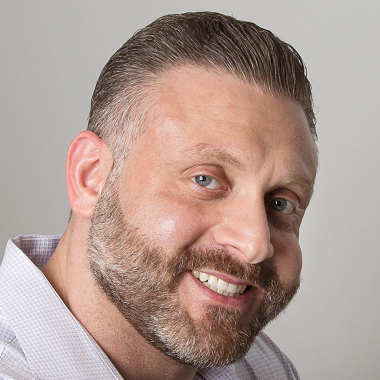
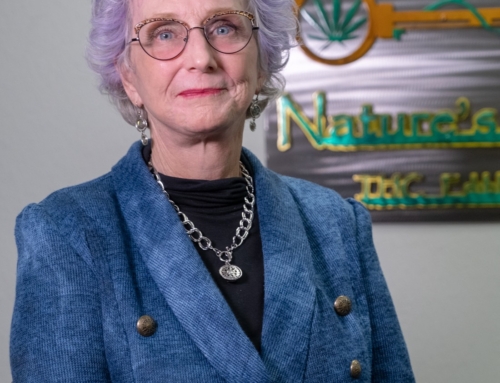
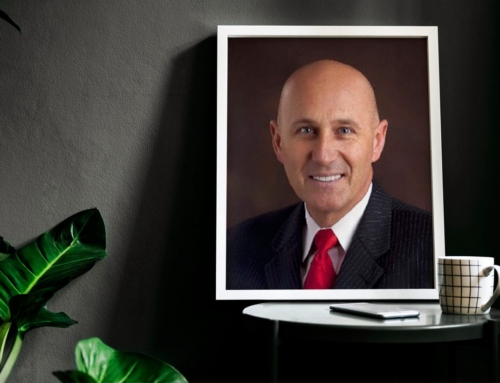
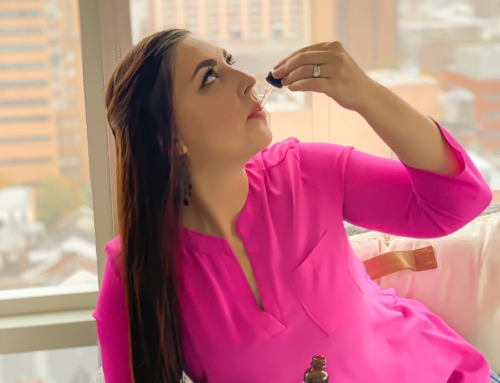

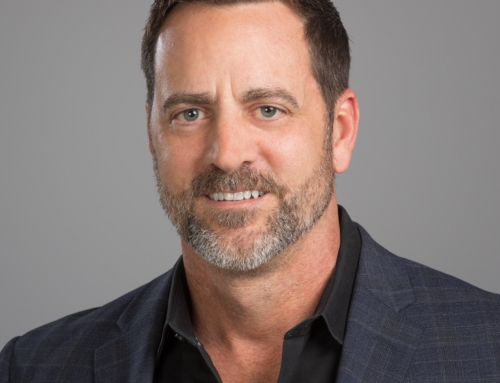
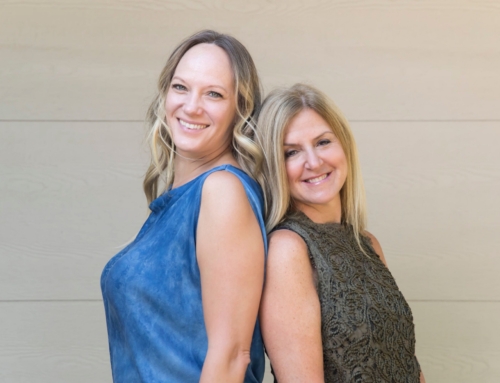
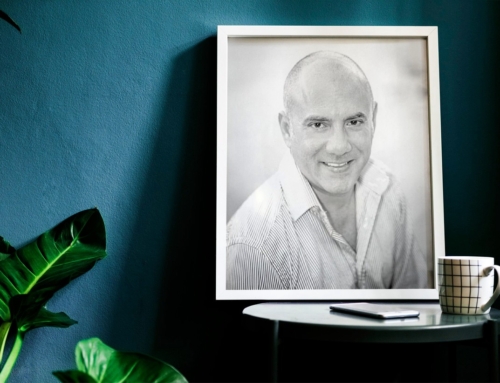
![“The potential to help people [in this industry] is enormous, but there’s still so much to learn.” – Ramon Alarcon, Witi](https://cf.lakesideremedy.com/wp-content/uploads/2020/12/1thj5ekUyxQ69iLz1JJyODg-scaled-e1607882756286-500x383.jpeg)
